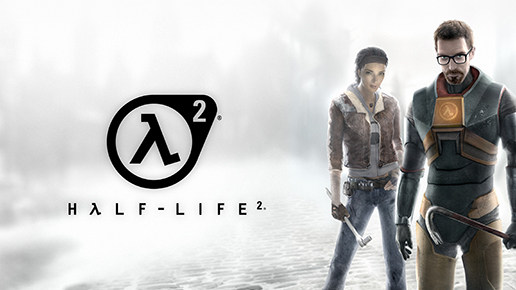

There are a bunch of compromises for the (unknown) price point and form factor. It is clearly targeting the “relatively accessible living room gaming PC” market. At the same time, I don’t think this is as restrictive as your comment makes it seem.
I don’t expect hdmi2.1 for over 60hz, but still a flaw
This is likely a legal limitation rather than a technical one, but the included DisplayPort can do 4k at 120 Hz. Most games probably won’t be able to actually run with good performance with those settings.
then lack of ability to add extra hard drive, dvd, floppy (/s on this one)
The SSD is user replaceable, and other drives can be added through USB (even floppy drives). Micro SD is also a bit clever in that you can use the same cards for the Steam Deck, Steam Machine, and Steam Frame.
no output set for home audio 5.1+ set is already a thing for me
Back to USB, it has more connectivity than consoles, and works with more devices (because it is really just a PC). This includes USB audio interfaces and such if you need audio options outside of HDMI.




It says that it can accommodate glasses up to 140mm wide.